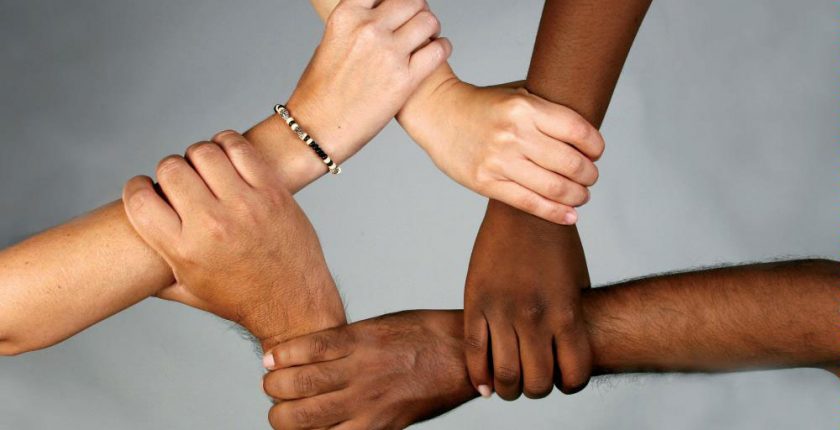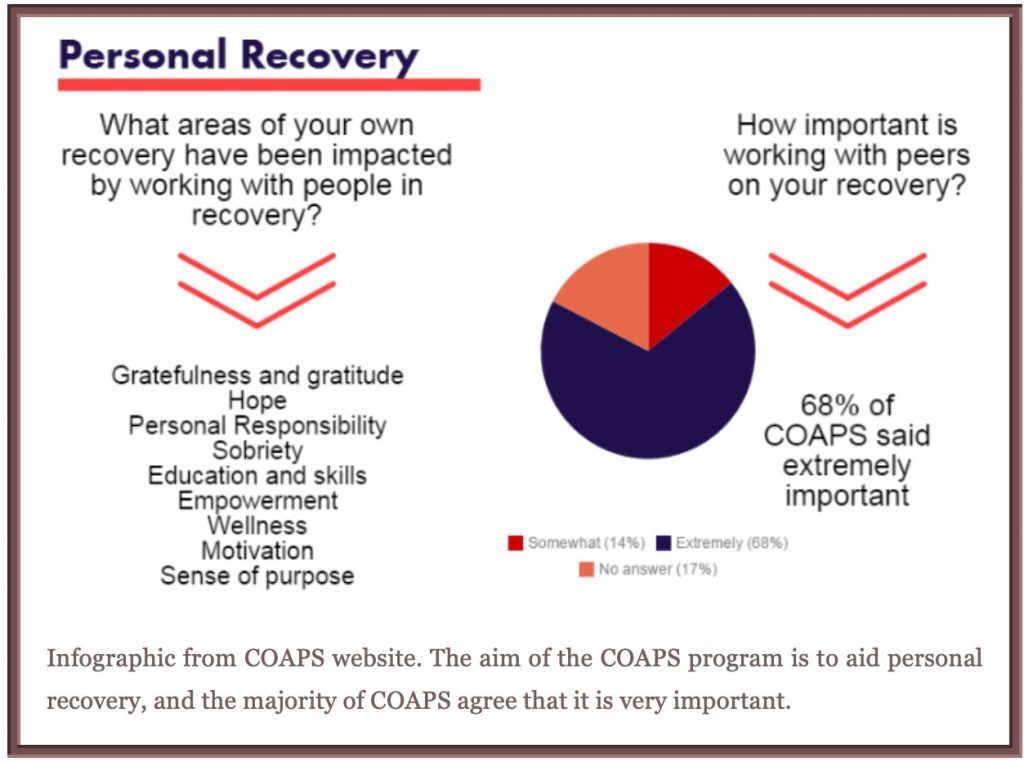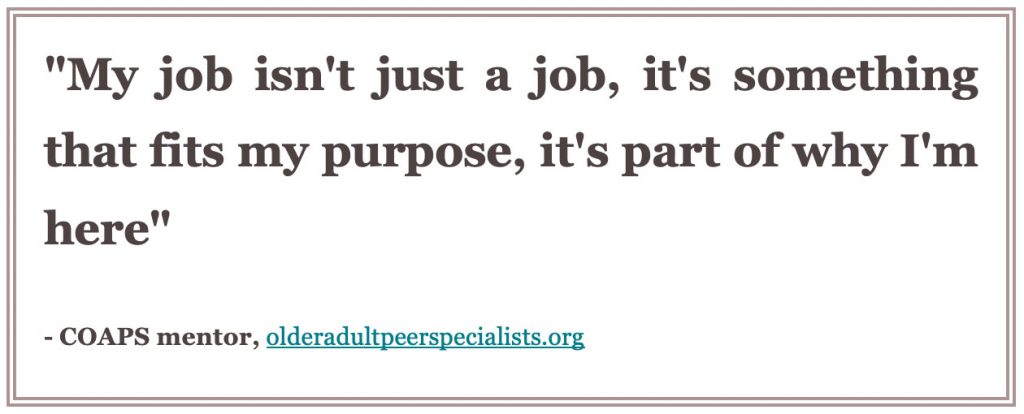COAPS: Peer-delivered behavioral health services
- November 13, 2019
- Posted by: ereis
- Category: Mental Health University of Pennsylvania

The emergent rise in the older adult population is creating new challenges for healthcare providers that affect a range of healthcare needs. Prior to 2016, older adults comprised 13.5% of the total U.S. population, which will double by 2030. According to the US Census Bureau, in November of 2016, the U.S. older adult population surpassed 50 million older adults, a new milestone in the number of older adults. Expanded healthcare services, including both increased home and community-based services and increased Medicare and Medicaid services, will be necessary to meet their healthcare needs.
As part of the need for increased healthcare, behavioral health services increases, including mental health and substance abuse, will be necessary to meet the expanded need as diagnoses of co-morbidities of physical health, substance abuse and mental disorders in individuals 65 and older increase. More than one in five older adults has a mental illness, a substance use disorder (SUD) or both; at this rate, in 2030 as many as 15 million older adults will need treatment for a mental illness or SUD. Illegal drug use is also a problem in this population, the Substance Abuse and Mental Health Services Administration (SAMHSA) predicts that in 2020, illegal drug use by older adults will rise from 2.2% to 3.1% and that the number of older Americans with SUD will double. This increase in dangerous drug use highlights an additional pressing healthcare concern.
The Certified Older Adult Peer Specialist program (COAPS) works nationally to address unmet mental health and substance abuse needs in older adults. The COAPS program, developed by Dr. Cynthia Zubritsky from the Center for Mental Health at the University of Pennsylvania, trains Certified Peer Specialists (CPS) to work as behavioral specialists and recovery/wellness coaches for older adults. A peer specialist is a person who has experienced a substance abuse or mental health disorder, has completed treatment, is in recovery, and is trained to help peers with mental illness or a SUD work through specific life and recovery goals.

“[The COAPS program”] is an enhancement training for CPS training. It is for individuals who have to have been in recovery from substance abuse or mental illness,” Senior Clinical Research Coordinator Hilary Cantiello, MLA, describes. When asked why this population was an especially important target, she explained, “because it is a population that no one else is really targeting. It is the largest generation right now and there are few young people trained to deliver recovery services.” This population is very vulnerable, as they can be physically frail, easily overlooked, and often face multiple, co-occurring physical health conditions. Supporting older adults with trained peer specialists provides additional emotional support by those with lived experience who can relate to behavioral health issues.
The COAPS website: olderadultpeerspecialists.org describes the extensive training required for this position. The 3-day, 18-hour training comprises education on aging including, demographics, physical health issues of aging, legal issues, behavioral health clinical issues, and application of implementation of recovery services via motivational interviewing, stages of change, and working with older adult groups .

Peer support is recognized as an evidence based intervention in most behavioral health systems in the U.S. The intended influence of CPS work is for the individuals who receive services, but the peer specialists themselves gain significant benefit as well, including strengthening their own recovery, personal empowerment, and confirmation of their individual purpose to give back to others. This contributes to the balanced relationship between the person recovering and the peer-specialist, providing bi-directional support to each of them. CPS also provide an economic benefit through expanded employment opportunities for individuals with behavioral health disorders and a concomitant reduction in dependence on Social Security benefits. The COAPS program continues to expand and flourish as it provides individual hope for recovery.
To learn more about COAPS, visit the COAPS website at http://olderadultpeerspecialist.org/, follow COAPS on Twitter, Facebook, or contact Hilary Cantiello at hpearson@upenn.edu.
